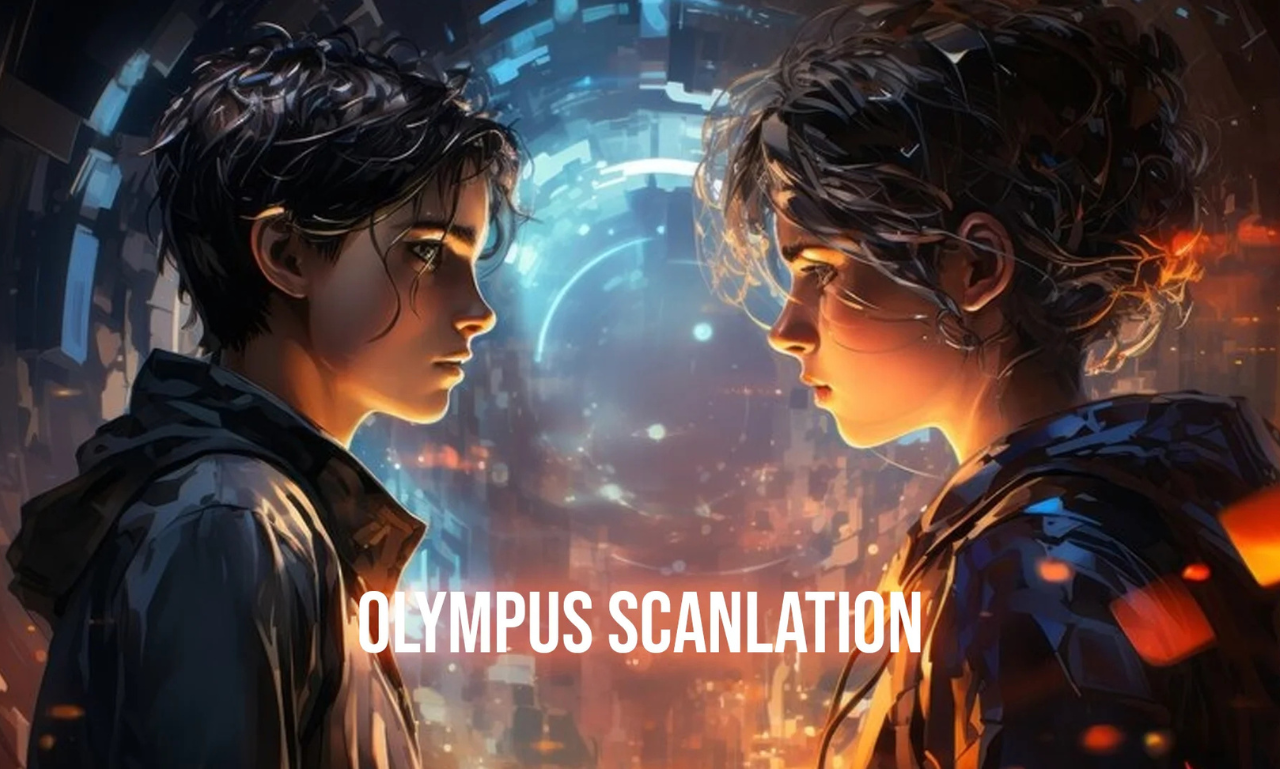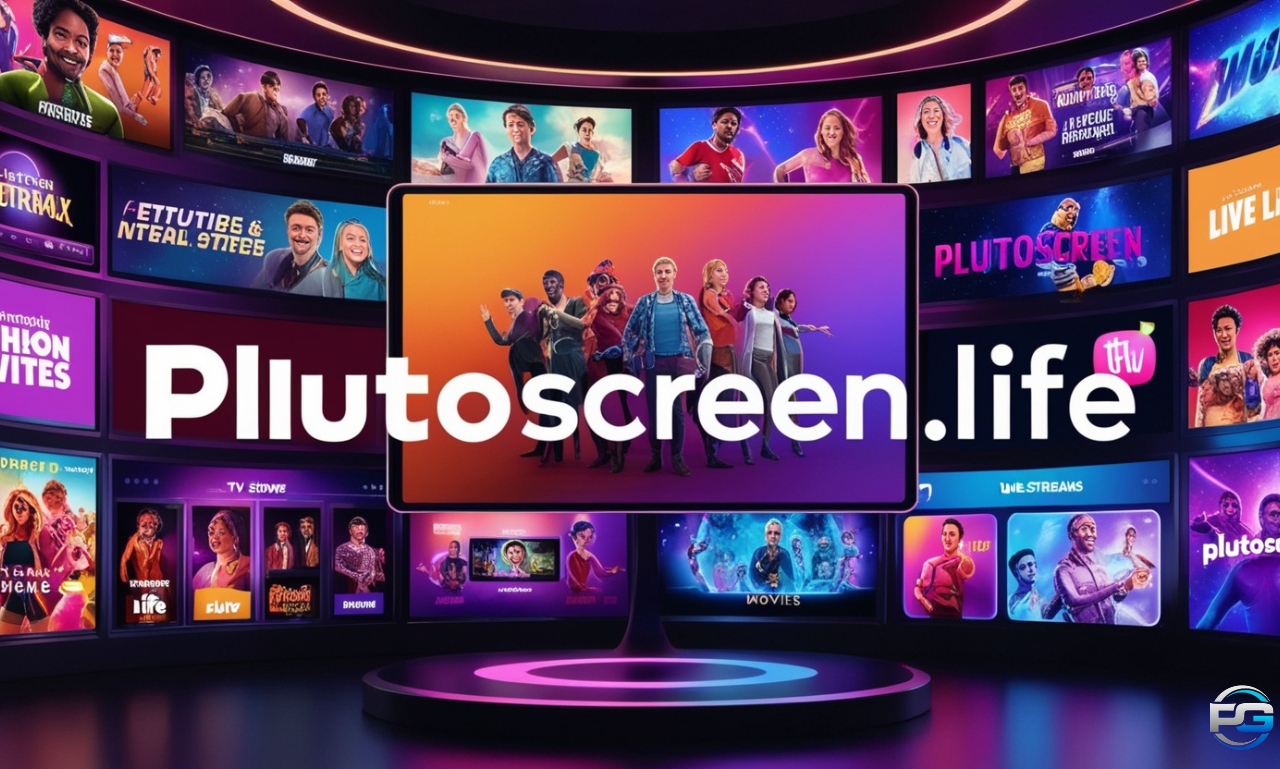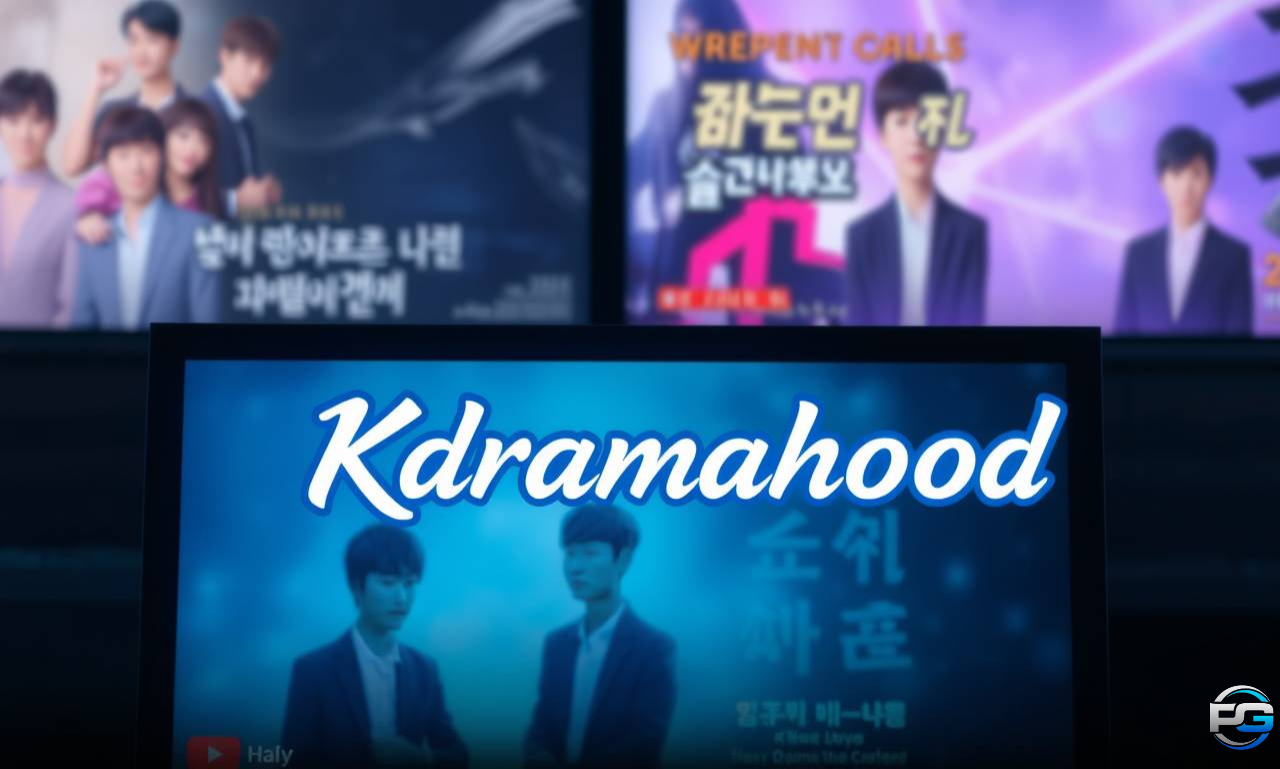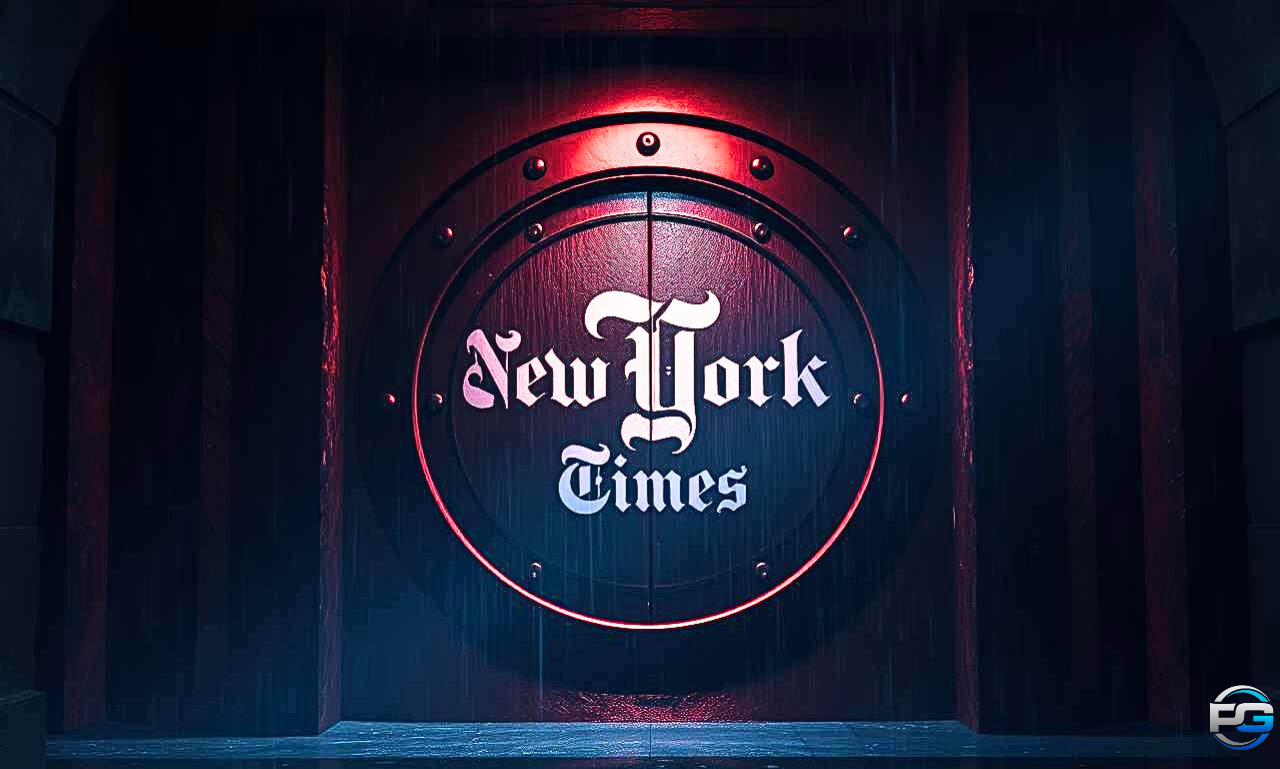Table of Contents
Olympus Scanlation: Bringing Manga to Fans Faster
In the fast-paced world of entertainment, waiting can feel like a luxury many aren’t willing to afford. This is especially true for manga enthusiasts who eagerly anticipate the next chapter of their favorite series. Enter Olympus Scanlation—a community-driven effort that gives readers access to translated manga long before official releases are available. But what exactly is Olympus Scanlation, and how does it fit into the broader manga world? Let’s dive in and explore the ins and outs of this fascinating phenomenon.
What Is Olympus Scanlation?
Olympus Scanlation is part of a larger movement known as “scanlation,” a combination of the words “scanning” and “translation.” In essence, it involves scanning original Japanese manga, translating it into different languages, and then distributing it to fans. Olympus Scanlation, specifically, has gained recognition for its commitment to quick and quality releases, catering to the impatient manga lovers who can’t wait for official versions.
It’s not just about quick translations, though. Olympus Scanlation involves a passionate team of volunteers who take on the task of bringing these stories to life for international audiences. From translators to editors, and from typesetters to quality checkers, each step is handled with care to ensure fans enjoy an immersive and polished reading experience.
How Does Olympus Scanlation Work?
The scanlation process may seem simple, but it’s more intricate than many realize. Here’s a breakdown of how Olympus Scanlation operates:
- Sourcing the Manga: The first step is acquiring raw scans of Japanese manga, often from online sources or physical copies that are scanned into digital format.
- Translation: The raw Japanese text is translated by bilingual volunteers who carefully convert the dialogue into another language while maintaining the original tone, meaning, and cultural nuances.
- Editing and Typesetting: Once the translation is complete, the text is added back to the manga panels. Editors ensure that the translated text fits seamlessly into the artwork, paying close attention to font style, size, and placement. This stage requires precision, as the goal is to maintain the integrity of the original artwork.
- Quality Check: Before the final release, a quality checker reviews the entire chapter to ensure that there are no errors, the translation is accurate, and the overall presentation meets the high standards set by the Olympus Scanlation team.
- Distribution: Once polished and perfected, the scanlated chapter is uploaded to various manga platforms and fan communities, where eager readers can access it for free.
Why Is Olympus Scanlation So Popular?

There are several reasons why Olympus Scanlation has garnered a loyal following among manga fans:
1. Faster Access to Manga
One of the primary draws of Olympus Scanlation is speed. Fans often find themselves frustrated by the long wait for official English releases, which can lag behind the Japanese versions by months or even years. Olympus Scanlation fills this gap by providing fans with almost immediate access to the latest chapters. In many cases, readers can enjoy a new chapter just days after its original Japanese release.
2. Wide Variety of Titles
Olympus Scanlation doesn’t just focus on the most popular manga series; it also caters to niche genres and lesser-known titles that may never see an official English translation. This diversity is a major appeal for readers who are looking for fresh, unique stories outside of the mainstream offerings.
3. Community-Driven Effort
Olympus Scanlation is more than just a service—it’s a community. Volunteers work together out of a shared passion for manga, and fans often show their appreciation through online forums and social media discussions. This sense of community fosters a deeper connection between readers and the stories they love, making the scanlation experience more personal and enjoyable.
The Ethical Debate Surrounding Scanlation
While scanlation has its undeniable benefits, it also raises significant ethical questions. At its core, scanlation operates in a legal gray area. Since these translations are done without permission from the original creators or publishers, they are technically considered piracy. Here’s a closer look at both sides of the argument:
The Case for Scanlation
- Accessibility: For many fans, scanlations are the only way to access certain manga. In regions where official translations are scarce or non-existent, scanlation offers a way to enjoy stories that would otherwise be out of reach.
- Fostering Global Interest: Scanlation can also boost interest in manga, especially for lesser-known series. Fans who discover a series through scanlation may later support the official release by purchasing physical copies or other merchandise.
The Case Against Scanlation
- Impact on Sales: The biggest concern for publishers and creators is that scanlation can hurt sales. If readers are consuming the content for free online, they may be less inclined to buy official copies when they become available.
- Undermining Creators: Manga creators spend years perfecting their craft, and they rely on sales to continue producing content. Scanlation, in some cases, diverts revenue away from the people who bring these beloved stories to life.
Olympus Scanlation and Its Role in the Manga Ecosystem

Despite the controversies, Olympus Scanlation plays an undeniable role in the manga ecosystem. In many ways, it has reshaped how international fans consume manga, creating a more immediate and accessible pathway to their favorite stories.
Bridging Cultural Gaps
For non-Japanese readers, Olympus Scanlation helps bridge cultural gaps. Translators often go beyond just converting text—they work to ensure that cultural references and jokes make sense in the context of the target language. This effort makes manga more relatable and enjoyable for international audiences.
Promoting Lesser-Known Titles
By scanlating a wide range of manga, including lesser-known or niche titles, Olympus Scanlation introduces readers to stories they may have otherwise missed. This helps diversify the types of manga that are popular in the global market, enriching the manga community with more varied content.
The Future of Olympus Scanlation
With the rise of digital platforms and the growing demand for instant content, it’s unlikely that Olympus Scanlation will disappear anytime soon. As long as fans continue to seek faster access to manga and as long as there are passionate individuals willing to dedicate their time and skills, scanlation will remain a popular method for consuming manga.
However, the future of scanlation will depend on how the manga industry evolves. Some publishers have begun offering faster digital releases to compete with scanlations, and official simulpubs (simultaneous publications in multiple languages) are becoming more common. If the industry can meet the demand for faster and more affordable access, the need for scanlation may diminish over time.
Conclusion
Olympus Scanlation has become a significant player in the world of manga, providing fans with the fast-paced content they crave. While it offers undeniable benefits—such as accessibility, community-building, and promoting diverse titles—it also raises important ethical questions about piracy and its impact on the industry.
For now, Olympus Scanlation continues to thrive, offering manga fans an immediate and immersive way to enjoy their favorite stories. As the debate over its place in the industry continues, one thing is clear: scanlation is here to stay, at least for the foreseeable future. Whether you’re a fan who can’t wait for the next chapter or someone who enjoys discovering new manga, Olympus Scanlation plays a vital role in shaping the modern manga experience.
FAQs About Olympus Scanlation
- What is Olympus Scanlation?
Olympus Scanlation is a fan-driven project that translates Japanese manga into different languages and distributes them online for free. It’s part of a broader movement known as scanlation, which allows readers to access manga before official translations are available. - Is scanlation legal?
No, scanlation operates in a legal gray area. Since it involves distributing manga without the permission of the original creators or publishers, it is technically considered piracy. - Why do fans turn to scanlations like Olympus Scanlation?
Fans often prefer scanlations because they provide faster access to new manga chapters. Official translations can take months or even years to become available, while scanlations often appear within days of the Japanese release. - Who works on Olympus Scanlation projects?
Olympus Scanlation is powered by volunteers, including translators, editors, typesetters, and quality checkers. These individuals are passionate about manga and dedicate their free time to making it accessible to a wider audience. - How does Olympus Scanlation differ from other scanlation groups?
Olympus Scanlation is known for its commitment to quality and speed. The team works diligently to ensure that translations are accurate, culturally relevant, and respectful of the original artwork, often releasing new chapters very quickly. - What are the ethical concerns surrounding scanlation?
The main ethical concerns are that scanlation may hurt the sales of official releases and undermine the work of creators. By reading free fan translations, some argue that it discourages people from purchasing legitimate copies, impacting the livelihoods of manga creators. - Does Olympus Scanlation help promote lesser-known manga?
Yes, Olympus Scanlation plays a significant role in promoting niche or lesser-known manga titles that might not receive official translations. This can help introduce readers to a wider variety of manga genres and stories. - Where can I find Olympus Scanlation’s work?
Olympus Scanlation releases its work on various fan-driven platforms, including MangaDex, Bato.to, and other manga reading websites. Fans also share links to scanlations on forums like Reddit and other manga communities. - Is there a difference in quality between official translations and scanlations?
Official translations are done by professional teams, ensuring a high level of accuracy and quality. Scanlations, while done with care, can sometimes contain errors in translation or formatting, as they are produced by volunteers. - Will scanlation, including Olympus Scanlation, continue in the future?
As long as there is demand for fast and free access to manga, scanlation will likely continue. However, the future of scanlation could be impacted by how the manga industry adapts, particularly with the rise of faster official digital releases.






